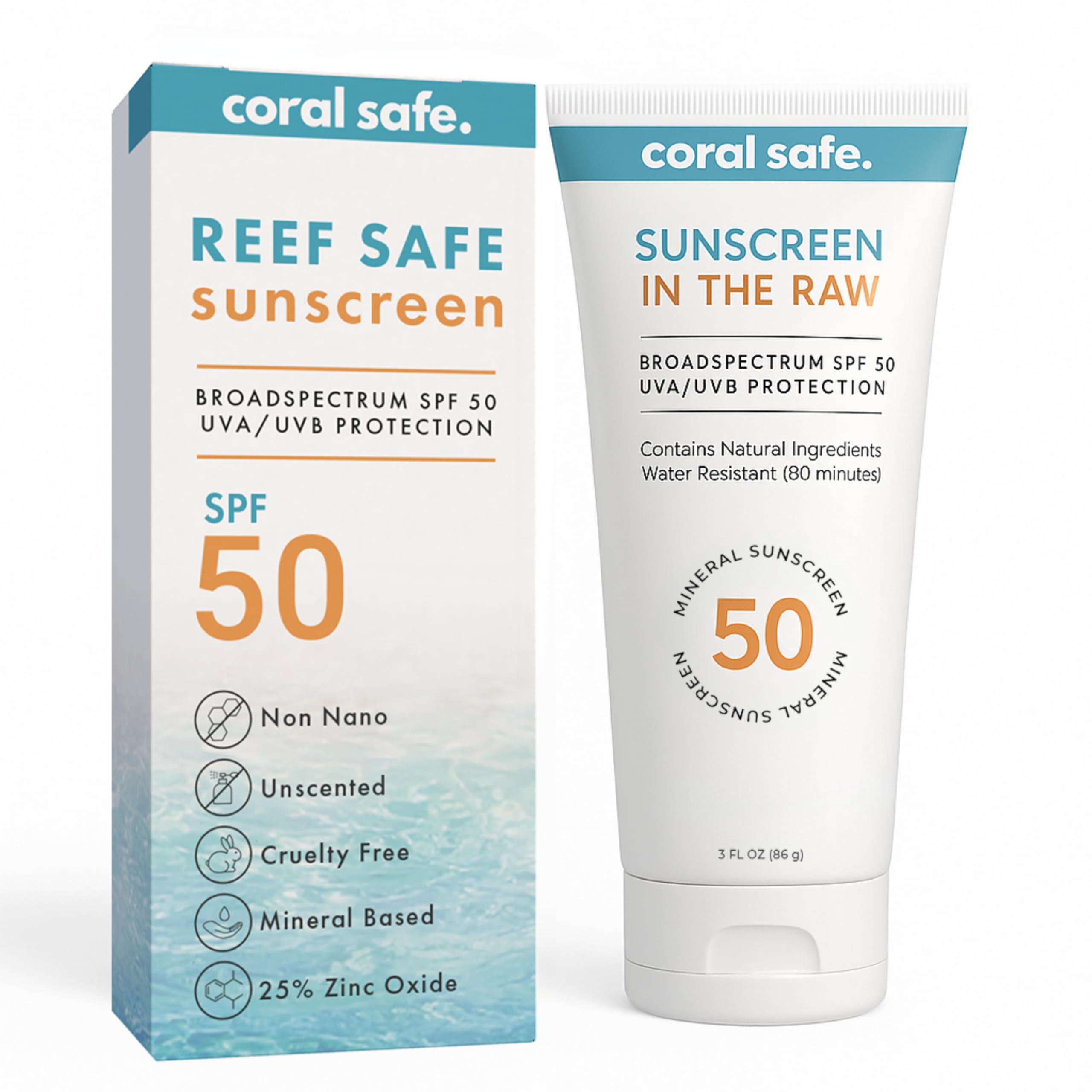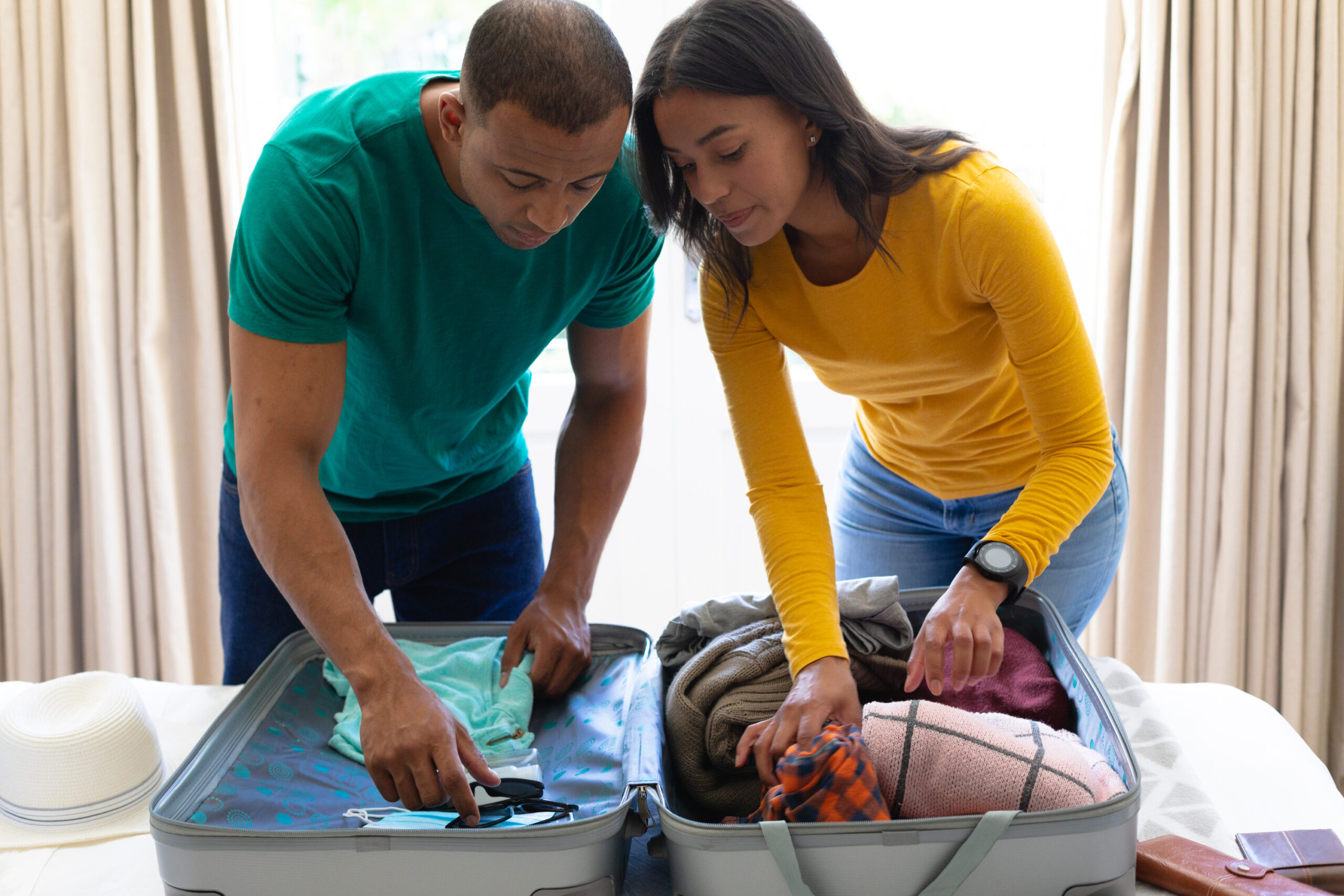
Traveling with peptides requires careful planning and knowledge. Safety is key to ensure a smooth journey.
In this guide, we will explore essential travel and peptide safety tips. Understanding the importance of peptide safety is crucial for those who travel frequently. Peptides, often used for health and wellness, need proper handling. They are sensitive to temperature and light.
When traveling, you must store them correctly. This ensures their effectiveness and safety. Moreover, different countries have varied regulations about carrying peptides. It’s important to know these rules to avoid issues. Our guide provides practical tips. You’ll learn how to pack peptides safely. We also cover how to check legal requirements. These tips aim to make your travel experience stress-free. So, let’s dive into the world of travel and peptide safety.
Travel Preparation Essentials
Preparing for travel involves more than just booking flights and hotels. It means thinking ahead and ensuring everything is in place for a smooth trip. The right preparation can make your journey enjoyable and stress-free. Let’s explore some essential tips to help you get ready for your travels.
Packing Smart
Packing efficiently is key to a successful trip. Start with a checklist to ensure you pack only necessary items. Choose versatile clothing that can be mixed and matched. Roll your clothes to save space and minimize wrinkles. Remember essential toiletries in travel-sized bottles. Electronics need chargers and adapters, so pack them in a separate pouch. Keep a small first-aid kit handy for minor emergencies.
Documents And Identification
Having the right documents is crucial for any traveler. Check your passport’s expiration date well before your trip. Some countries require your passport to be valid for six months beyond your stay. Make photocopies of important documents like passport and visa. Keep digital copies on your phone or in the cloud. Carry a government-issued ID apart from your passport. This can be useful for domestic travel or local identification.
Travel insurance documents should also be part of your travel essentials. It can help in unexpected situations. Keep printed and digital copies of your travel insurance policy. Knowing your coverage details is important for peace of mind.

Credit: www.amazon.com
Understanding Peptides
Traveling requires understanding various health aspects. Peptides are among those. Many travelers use peptides for different health benefits. They are popular for muscle recovery and skincare. Knowing what peptides are is crucial. It helps in making informed decisions.
What Are Peptides?
Peptides are short chains of amino acids. They are building blocks of proteins. Proteins are essential for body functions. Peptides mimic these proteins. They send signals to the body. These signals promote healing and growth. They are naturally found in the body. They can also be made in labs. People use them for specific health needs.
Common Uses
Peptides have many uses. Athletes use them for muscle recovery. They aid in quick healing after workouts. They are also used in skincare. They reduce wrinkles and fine lines. Peptides improve skin texture and firmness. Some peptides boost immunity. They support overall health. Travelers seek peptides for these benefits. Understanding their use is vital.
Safety Guidelines For Peptide Use
Traveling with peptides requires special care and knowledge to ensure safety. Understanding proper use and potential risks is crucial. This guide will help you use peptides safely, reducing risks and maximizing benefits.
Dosage And Administration
Always follow the recommended dosage for any peptide. Read the packaging or instructions from your healthcare provider. Too much can lead to unwanted side effects. Use clean and sterile equipment for administration. It reduces the risk of infections. Store peptides in a cool, dry place. This preserves their effectiveness.
Potential Side Effects
Peptides can cause side effects like nausea or headaches. Watch for any unusual symptoms after use. Report them to a healthcare professional immediately. Allergic reactions can occur, though rare. Be aware of any swelling or difficulty breathing. These signs need urgent medical attention. Always consult a doctor before starting peptide use. They can provide guidance based on your health.

Credit: grandecosmetics.com
Transporting Peptides Safely
Traveling with peptides requires careful planning and attention to detail. Ensuring their safety during transport is crucial. Peptides are delicate and sensitive compounds. Proper handling prevents them from degrading. Follow these tips to transport peptides safely, ensuring their integrity.
Storage Requirements
Peptides need specific storage conditions. Keep them in a cool, dark place. Most peptides require refrigeration. Use insulated containers or cool packs during transit. This helps maintain a stable temperature. Protect them from light exposure. Ultraviolet rays can degrade peptides quickly. Always check the manufacturer’s storage guidelines.
Legal Considerations
Understand the legal status of peptides in your destination. Different countries have varying regulations. Some peptides may be restricted or banned. Check with customs authorities before traveling. Carry documentation that verifies the legality of your peptides. This may include purchase receipts or certificates. Being informed helps avoid legal complications.
Travel Health Precautions
Traveling can be exciting but it also requires careful health planning. You must ensure that you are protected against potential health risks. Safe travel involves preparing for emergencies and safeguarding your well-being. Explore key travel health precautions to enjoy your adventure safely.
Vaccinations And Immunizations
Vaccinations protect against diseases common in travel destinations. Check your destination’s vaccine requirements before leaving. Some regions have specific immunization needs. Visit a healthcare provider to update your shots. Your health provider can guide you on necessary vaccines. Common vaccines include hepatitis, typhoid, and yellow fever. Verify if you need malaria prevention medication. Vaccines are crucial for a safe travel experience.
Emergency Contacts
Keep a list of emergency contacts handy. Include local emergency numbers in your list. Save contacts for nearby hospitals and clinics. Record your embassy’s contact information. Share your emergency contacts with family or friends. Quick access to these numbers can save time in crises. Ensure your phone is charged and has credit. Familiarize yourself with the local language for emergencies. Being prepared ensures a safer travel experience.

Credit: www.signos.com
Cultural Sensitivity While Traveling
Travel broadens the mind and opens up new experiences. Yet, it’s vital to embrace cultural sensitivity in new places. Respecting cultures helps build bridges and ensures a pleasant journey. Being aware of local customs and traditions is essential. It shows respect and can prevent misunderstandings. Here, we explore tips for cultural sensitivity while traveling.
Respecting Local Norms
Every culture has its own set of norms and traditions. These norms can vary greatly from your own. Before visiting, learn about the local customs. This can include dress codes, greetings, and public behavior. For instance, in some cultures, modest dressing is important. In others, removing shoes before entering a home is customary. Respecting these norms shows appreciation for the host culture.
Understanding and observing these customs helps travelers blend in. It also shows that you care about the local way of life. This respect can lead to more genuine interactions with locals. It also reduces the risk of offending anyone unintentionally.
Language Barriers
Language differences can pose challenges during travel. Yet, they also offer unique opportunities. Try learning basic phrases in the local language. Simple words like “hello,” “thank you,” and “please” can go a long way. They show effort and respect, even if you make mistakes.
Using translation apps can be helpful. They can assist in understanding menus and signs. Body language can also bridge the gap. A smile or a friendly gesture often transcends language barriers. Patience and politeness are key when communicating. These approaches make navigating language differences smoother.
Insurance And Medical Coverage
Traveling with peptides requires careful planning to ensure safety. Secure reliable insurance and medical coverage before your trip. This helps manage potential health risks and unexpected emergencies abroad.
When planning a trip, especially if you’re a peptide user, understanding insurance and medical coverage is essential. You don’t want to be caught off guard with unexpected medical expenses or denied claims related to peptide use. Investing time in choosing the right insurance plan can save you a lot of hassle and money.
Choosing The Right Plan
Before you pack your bags, consider what type of insurance you need. Are you looking for a plan that covers travel mishaps, or do you also need one that includes medical emergencies? Make sure to check if the plan covers the countries you plan to visit. Look for a plan that specifically mentions coverage for medical treatments and emergencies. Some plans even offer add-ons for adventure sports or high-risk activities, which could be beneficial if your travel plans include such activities. Don’t hesitate to ask questions. Find out if the insurance provider has a 24-hour helpline and what the claims process looks like. A personal tip: I once chose a plan with a seamless online claims process, and it made a world of difference during a minor medical emergency abroad.
Coverage For Peptide Use
If you’re using peptides for health reasons, it’s crucial to ensure that your insurance covers their use. Not all plans do, and some might have specific exclusions related to experimental treatments. Always read the fine print. Contact your insurance provider to clarify what is and isn’t covered. Some companies might require a doctor’s note or prescription to validate the use of peptides. Consider the potential scenarios where you might need medical attention related to peptide use. Will your plan cover an adverse reaction or the cost of obtaining peptides abroad if necessary? Asking these questions upfront can save you from a financial headache later. Before finalizing your insurance, weigh the costs against the benefits. It might be tempting to go for the cheapest option, but comprehensive coverage can offer peace of mind, especially when using specialized treatments like peptides.
Emergency Preparedness
Traveling with peptides requires careful planning, especially regarding emergencies. Being prepared ensures safety and peace of mind. Whether exploring new destinations or facing unexpected situations, emergency preparedness is crucial. This guide provides essential tips to manage health concerns during your travels.
First Aid Kit Essentials
A well-stocked first aid kit is vital. Include bandages, antiseptic wipes, and adhesive tape. Pack gauze pads for larger wounds. Tweezers help remove splinters or debris. Carry pain relievers for headaches or minor aches. Don’t forget scissors for cutting bandages. Include hydrocortisone cream for insect bites. Antihistamines are useful for allergic reactions.
Ensure you have a thermometer to check for fever. Add instant cold packs for sprains or strains. Pack a small flashlight. Include a small notepad to record symptoms. Keep your first aid kit organized. This helps in finding items quickly.
Handling Medical Emergencies
Knowing how to handle medical emergencies is important. Stay calm and assess the situation. Call local emergency services if needed. Know basic first aid techniques. Learn CPR for cardiac emergencies. Recognize signs of serious allergic reactions. Keep emergency contacts easily accessible.
Understand the local healthcare system. Know the location of nearby hospitals. Familiarize yourself with local language phrases for emergencies. Keep your travel insurance information handy. Inform travel companions about your medical conditions. This helps them assist during emergencies.
Frequently Asked Questions
How Do You Travel With Peptides?
Travel with peptides by storing them in a cooler with ice packs. Keep them in their original packaging. Ensure they remain below room temperature. Carry necessary documentation for customs. Check airline regulations for carrying medical substances.
What Happens If Peptides Get Hot?
Heating peptides can lead to degradation, reducing their effectiveness. High temperatures may alter their structure and function. Store peptides in cool, dry places to maintain their stability. Proper storage ensures peptides remain potent for research or therapeutic use. Avoid exposing peptides to excessive heat to preserve their quality.
What Are Peptides In Travel Kits?
Peptides in travel kits are small proteins used for skincare. They help in repairing and rejuvenating skin during travel. These peptides can enhance skin elasticity and hydration, ensuring a fresh look while exploring new destinations. Always ensure they are safely stored in your travel kit.
Are Peptides Safe For Travel Use?
Yes, peptides are generally safe for travel use. They are stable and easy to carry. Ensure they are properly sealed to avoid leakage. Always follow the instructions for use and consider patch testing if using a new product. Consult a dermatologist if you have sensitive skin.
Conclusion
Traveling with peptides requires careful attention to safety tips. Start by researching regulations for peptides in your destination. Pack peptides securely and keep them at the right temperature. Always buy from trusted sources to ensure product safety. Consult with a healthcare professional about your peptide use.
Stay informed and vigilant, especially with dosages and storage. By following these tips, you can enjoy a worry-free journey. Safe travel with peptides is possible with preparation and awareness. Remember, your health and safety always come first. Enjoy your adventures!




Add comment